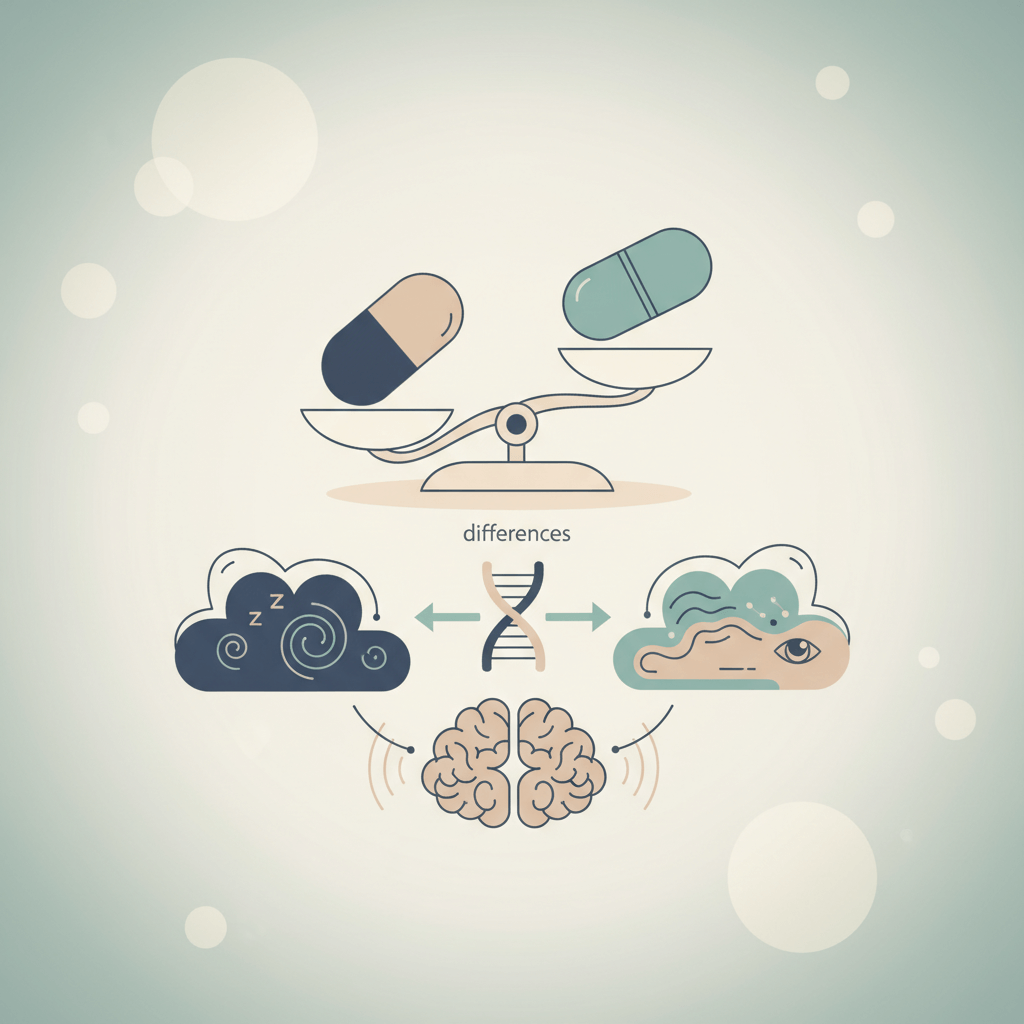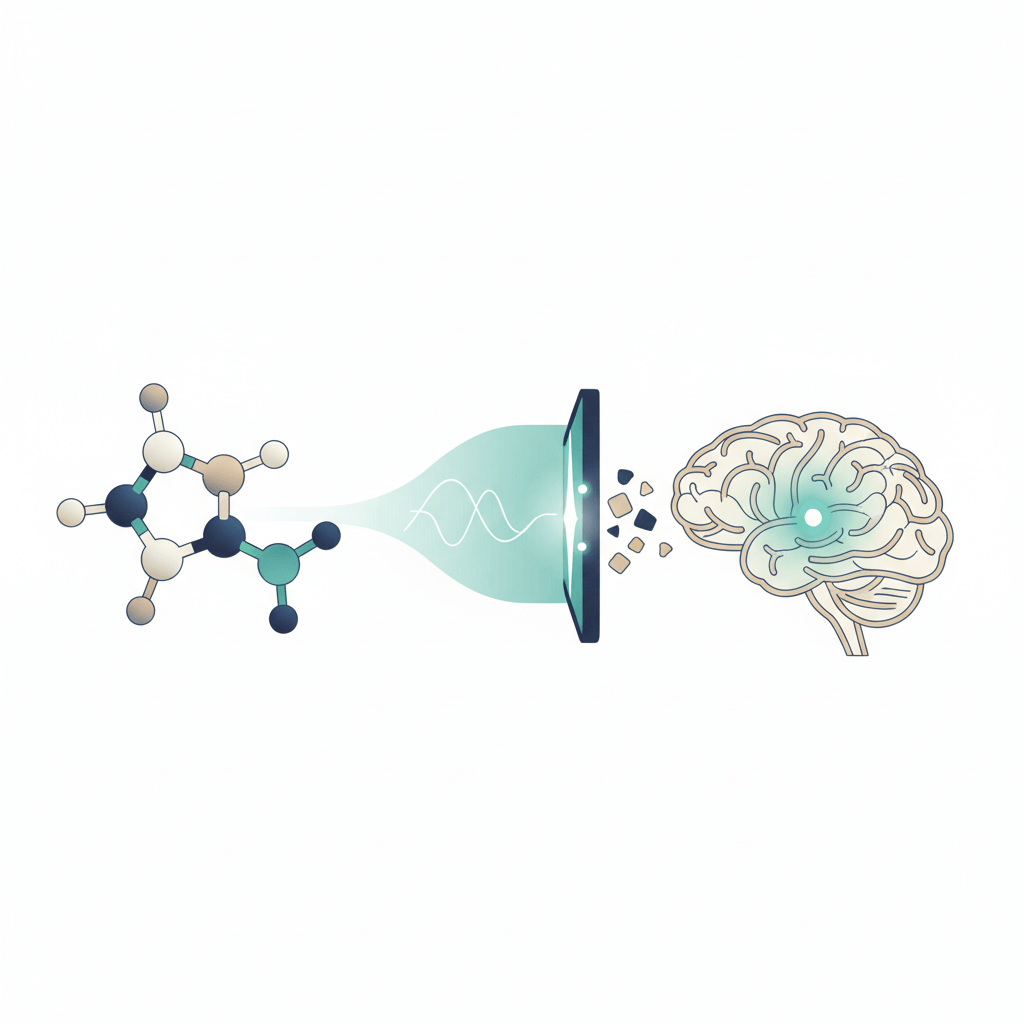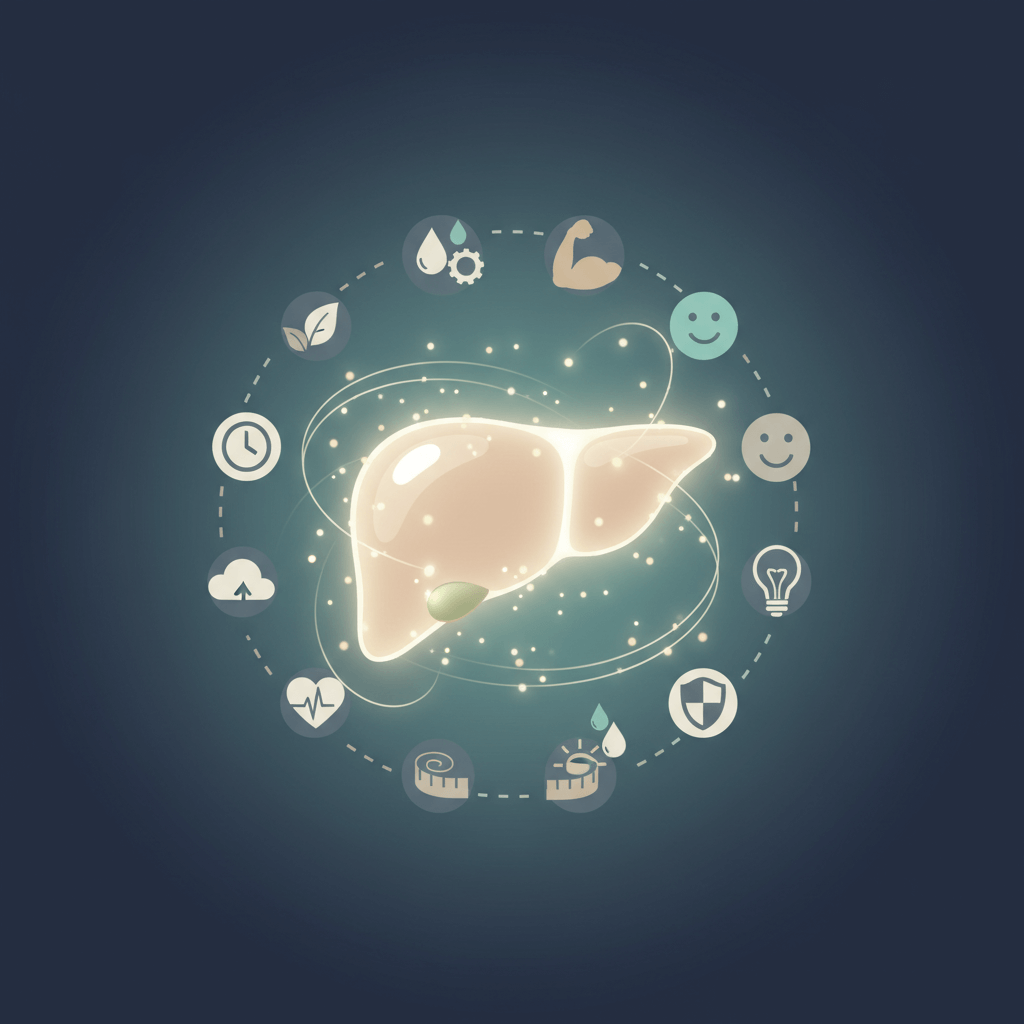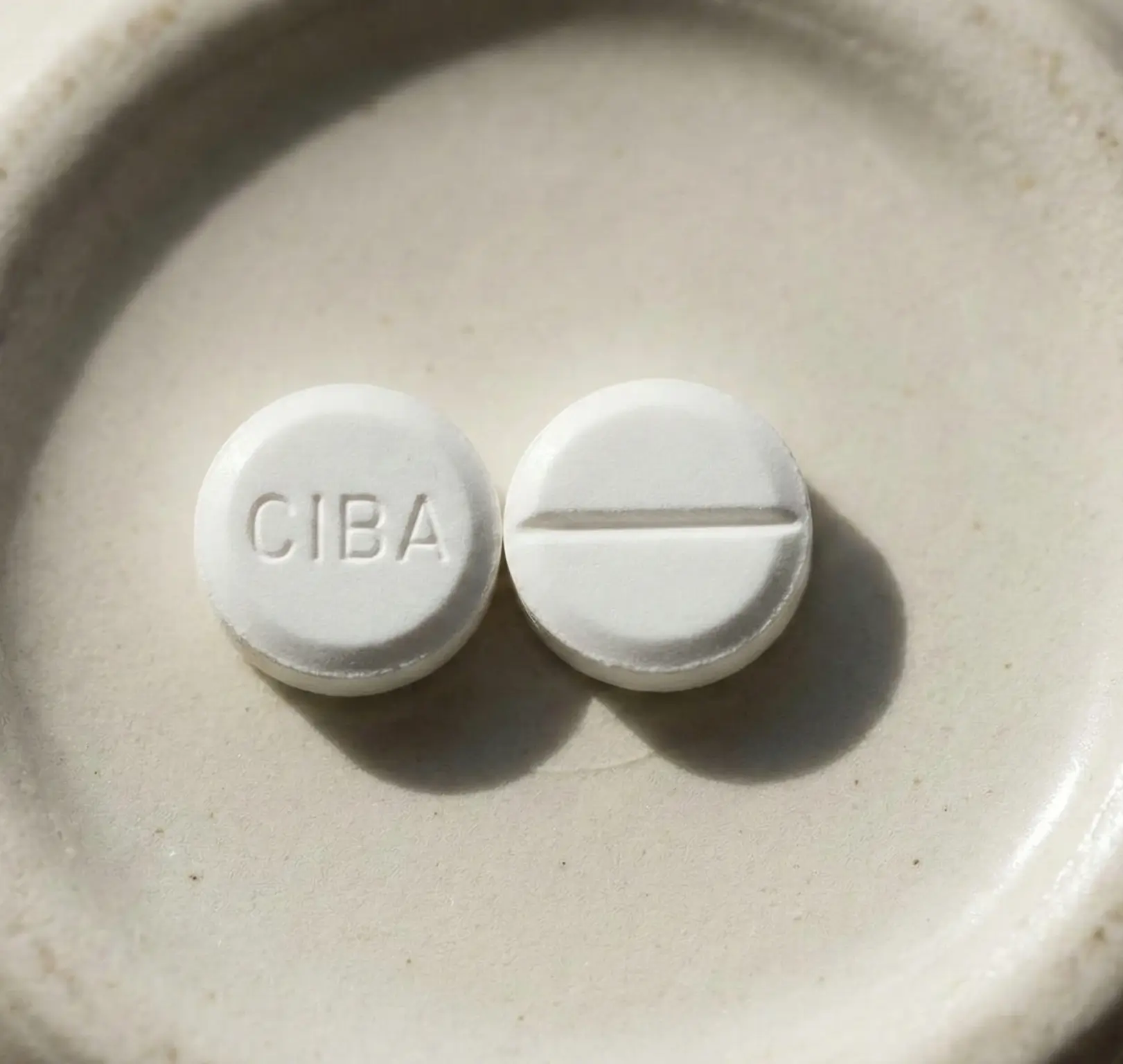Understanding Addiction Recovery
Addiction recovery is a complex and challenging journey that requires support, guidance, and resources. These resources play a crucial role in helping individuals overcome addiction and rebuild their lives. Understanding the importance of addiction recovery resources and the different types available is essential for those seeking help and support.
The Importance of Addiction Recovery Resources
Addiction recovery resources provide the necessary tools, knowledge, and support to individuals on their path to recovery. These resources are designed to address the physical, psychological, and emotional aspects of addiction, helping individuals overcome cravings, develop coping mechanisms, and build a strong foundation for a drug-free life.

By accessing addiction recovery resources, individuals gain access to professional guidance, peer support, educational materials, and holistic approaches that can enhance their recovery journey. These resources can empower individuals, giving them the tools and strategies needed to navigate challenges, prevent relapse, and establish a healthier lifestyle.
Types of Addiction Recovery Resources
There are various types of addiction recovery resources available to individuals seeking support. These resources address different aspects of the recovery process and cater to diverse needs. Some common types of addiction recovery resources include:
Type of Resource and Description
Professional Treatment Programs: Inpatient rehabilitation centers, outpatient rehabilitation programs, counseling and therapy services
Support Groups and Peer Support: 12-Step Programs (e.g., Alcoholics Anonymous, Narcotics Anonymous), Non-12-Step Programs (e.g., SMART Recovery, Refuge Recovery), Online Support Communities
Educational Resources: Books and literature, websites and online articles, podcasts and videosHolistic ApproachesMeditation and mindfulness, yoga and exercise, nutrition and healthy lifestyle
Professional treatment programs, such as inpatient rehabilitation centers, outpatient rehabilitation programs, and counseling and therapy services, provide structured treatment plans, therapy sessions, and medical support to individuals seeking recovery.
Support groups and peer support networks, such as 12-Step Programs like Alcoholics Anonymous and Narcotics Anonymous, Non-12-Step Programs like SMART Recovery and Refuge Recovery, and online support communities, offer a sense of belonging, shared experiences, and encouragement from individuals who have gone through similar challenges.
Educational resources, including books, websites, online articles, podcasts, and videos, provide valuable information, insights, and personal stories related to addiction and recovery. These resources can help individuals expand their knowledge, gain inspiration, and develop a deeper understanding of addiction and the recovery process.
Holistic approaches, such as meditation and mindfulness practices, yoga and exercise routines, and adopting a nutritionally balanced and healthy lifestyle, emphasize the importance of a holistic approach to recovery. These approaches focus on nurturing the mind, body, and spirit, promoting overall well-being and aiding in the recovery process.
By understanding the importance of addiction recovery resources and exploring the various types available, individuals can make informed decisions and create a comprehensive recovery plan that suits their needs. Assessing individual needs, seeking professional guidance, and utilizing multiple resources can significantly contribute to a successful and sustainable recovery journey. If you need immediate assistance, consider reaching out to a substance abuse helpline for support.
Professional Treatment Programs
For individuals seeking comprehensive support and guidance in their addiction recovery journey, professional treatment programs are an essential resource. These programs offer structured and specialized care to address the physical, emotional, and psychological aspects of addiction. In this section, we will explore three common types of professional treatment programs: inpatient rehabilitation centers, outpatient rehabilitation programs, and counseling and therapy services.
Inpatient Rehabilitation Centers
Inpatient rehabilitation centers, also known as residential treatment centers, provide a highly structured and immersive environment for individuals seeking recovery from addiction. These centers offer 24/7 supervision and support, ensuring a safe and drug-free environment conducive to healing.
At inpatient rehabilitation centers, individuals reside at the facility for a specific duration, typically ranging from a few weeks to several months. During this time, they participate in a variety of evidence-based therapies, counseling sessions, and educational programs tailored to their specific needs. Inpatient rehabilitation centers may also offer medical detoxification services for individuals requiring assistance in managing withdrawal symptoms.
Outpatient Rehabilitation Programs
Outpatient rehabilitation programs provide flexibility for individuals who may not require round-the-clock care or who cannot commit to a residential program due to personal or professional obligations. These programs allow individuals to receive treatment while living at home and continuing with their daily routines.
Outpatient programs typically involve scheduled therapy sessions, counseling, and educational programs that help individuals develop coping strategies, improve relapse prevention skills, and address underlying issues related to addiction. The frequency and intensity of treatment sessions vary depending on the individual's needs and the program structure.
Counseling and Therapy Services
Counseling and therapy services play a vital role in addiction recovery by providing individuals with a safe and confidential space to explore their thoughts, emotions, and behaviors. These services can be offered both in individual and group settings, allowing individuals to address their unique challenges while also benefiting from peer support.
Counseling and therapy sessions aim to help individuals understand the root causes of their addiction, develop healthy coping mechanisms, and build resilience. Therapists and counselors utilize various evidence-based approaches, such as cognitive-behavioral therapy (CBT), motivational interviewing, and dialectical behavior therapy (DBT), to assist individuals in their recovery journey.
It is important to note that the availability and range of professional treatment programs may vary depending on location and resources. To find local treatment options or seek guidance, individuals can reach out to a substance abuse helpline or consult with healthcare professionals.
Professional treatment programs, whether inpatient or outpatient, along with counseling and therapy services, provide individuals with the necessary tools and support to navigate the challenges of addiction recovery. These programs offer a structured and comprehensive approach to address the physical, emotional, and psychological aspects of addiction, empowering individuals to rebuild their lives and achieve lasting recovery.
Support Groups and Peer Support
Support groups and peer support play a crucial role in addiction recovery. Being able to connect with others who have experienced similar challenges can provide a sense of community, understanding, and encouragement. There are various types of support groups and peer support programs available, including 12-Step programs, non-12-Step programs, and online support communities.
12-Step Programs (e.g., Alcoholics Anonymous, Narcotics Anonymous)
12-Step programs, such as Alcoholics Anonymous (AA) and Narcotics Anonymous (NA), have been providing support to individuals struggling with addiction for decades. These programs follow a structured, step-by-step approach to recovery that includes admitting powerlessness over addiction, seeking higher power, and making amends.
One of the key features of 12-Step programs is the emphasis on group meetings. Participants gather regularly to share their experiences, listen to others, and offer support. These meetings are typically free and open to anyone seeking help for addiction. They provide a safe and non-judgmental space for individuals to share their challenges, receive encouragement, and learn from the experiences of others.
Non-12-Step Programs (e.g., SMART Recovery, Refuge Recovery)
Non-12-Step programs offer an alternative approach to addiction recovery. These programs, such as SMART Recovery and Refuge Recovery, focus on evidence-based techniques and empower individuals to take control of their recovery journey. They emphasize self-empowerment, self-reliance, and the development of practical skills to overcome addiction.
Non-12-Step programs often incorporate cognitive-behavioral therapy (CBT) techniques, motivational interviewing, and other therapeutic modalities. They provide a supportive environment where individuals can learn coping strategies, set goals, and develop healthier habits. Similar to 12-Step programs, non-12-Step programs also offer group meetings where participants can share their experiences and find support.
Online Support Communities
In the digital age, online support communities have become an invaluable resource for individuals seeking addiction recovery support. These communities provide a convenient and accessible platform for individuals to connect with others, share their stories, and seek guidance.
Online support communities can take various forms, including forums, chat rooms, and social media groups. These platforms allow individuals to engage with others who understand their struggles and provide encouragement and advice. Additionally, online resources such as articles, blogs, and podcasts related to addiction recovery can be found within these communities.
Support groups and peer support programs, whether in-person or online, offer a sense of belonging and understanding throughout the recovery journey. They provide a space for individuals to share their challenges, learn from others, and access the support they need. It's important to explore different options and find the support group or program that resonates with you. Remember, no one has to face addiction recovery alone, and there are resources available to help you on your path to recovery.
Educational Resources
In the journey of addiction recovery, education plays a crucial role in understanding the complexities of addiction and developing the necessary tools for recovery. Various educational resources are available to individuals seeking information and guidance throughout their recovery process. This section highlights three common types of educational resources: books and literature, websites and online articles, and podcasts and videos.
Books and Literature
Books and literature provide valuable insights, personal stories, and practical advice on addiction and recovery. There is a wide range of books available, including memoirs, self-help guides, and evidence-based resources. These resources can offer individuals different perspectives and strategies for managing addiction and maintaining sobriety.
Book Title and Author
"In the Realm of Hungry Ghosts: Close Encounters with Addiction" - Gabor Maté
"Clean: Overcoming Addiction and Ending America's Greatest Tragedy" - David Sheff
"The Recovering: Intoxication and Its Aftermath" - Leslie Jamison
"The Big Book" - Alcoholics Anonymous
"Beyond Addiction: How Science and Kindness Help People Change" - Jeffrey Foote, Carrie Wilkens, Nicole Kosanke, and Stephanie Higgs
Websites and Online Articles
Websites and online articles provide easily accessible information, resources, and support for individuals in addiction recovery. These online platforms offer a wealth of knowledge on various topics related to addiction, treatment options, coping mechanisms, and relapse prevention. Many websites also provide directories to help individuals find local treatment centers, support groups, and helplines.
Some trusted websites for addiction recovery information include:
- Substance Abuse and Mental Health Services Administration (SAMHSA)
- National Institute on Drug Abuse (NIDA)
- American Society of Addiction Medicine (ASAM)
It's important to note that not all online resources are reliable. When seeking information online, it's essential to verify the credibility of the source and cross-reference information with reputable organizations.
Podcasts and Videos
Podcasts and videos offer an engaging and convenient way to access addiction recovery content. These platforms feature interviews, discussions, and personal stories from experts and individuals in recovery. Podcasts and videos can provide inspiration, guidance, and a sense of community for those on the recovery journey.
Some popular addiction recovery podcasts include:
Videos on platforms like YouTube also offer a wide range of addiction recovery content, including educational videos, personal stories, and guided meditations.
By utilizing educational resources such as books, websites, podcasts, and videos, individuals in addiction recovery can deepen their understanding of addiction, learn effective strategies for recovery, and find comfort and inspiration in the experiences of others. It's important to explore various resources and find those that resonate with personal needs and preferences. Remember, seeking professional guidance from drug addiction treatment centers and participating in drug addiction support groups can also provide valuable insights and support throughout the recovery process.
Holistic Approaches
In addition to professional treatment programs and support groups, holistic approaches can play a significant role in the journey of addiction recovery. These approaches focus on addressing the physical, mental, and emotional well-being of individuals seeking recovery. Here are three key holistic approaches that can complement traditional addiction recovery resources:
Meditation and Mindfulness
Meditation and mindfulness practices have gained recognition for their potential therapeutic benefits in addiction recovery. These practices involve training the mind to focus on the present moment, cultivating a sense of awareness and acceptance. By practicing meditation and mindfulness, individuals can develop coping mechanisms to better manage cravings, stress, and emotional triggers.
Through various techniques like breathing exercises, guided imagery, and body scans, meditation and mindfulness can help individuals calm their minds, reduce anxiety, and improve self-awareness. Integrating these practices into daily routines can promote a sense of inner peace and balance, which are crucial in the recovery process.
Yoga and Exercise
Physical activity, such as yoga and exercise, can have a positive impact on addiction recovery. Engaging in regular physical exercise can help individuals manage stress, reduce anxiety and depression, and improve overall well-being. Yoga, in particular, combines physical postures, breathing exercises, and meditation to promote physical and mental health.
Yoga can enhance body awareness, increase flexibility, and improve strength. It also offers a meditative aspect that can aid in managing cravings and promoting a sense of inner calm. Incorporating yoga and exercise into a daily routine can provide individuals with a healthy outlet for stress and emotions, contributing to their overall recovery journey.
Nutrition and Healthy Lifestyle
Maintaining a nutritious diet and adopting a healthy lifestyle can significantly support addiction recovery. Substance abuse often takes a toll on physical health, and focusing on nutrition can help restore balance and vitality. A well-balanced diet, rich in fruits, vegetables, whole grains, and lean proteins, can provide the necessary nutrients to support the body's healing process.
Additionally, avoiding processed foods, excessive sugar, and caffeine can help stabilize moods and regulate energy levels. Hydration is also crucial for overall well-being and can aid in detoxification. Alongside nutrition, adopting healthy lifestyle habits such as regular sleep patterns, proper self-care, and avoiding toxic environments can contribute to a more holistic and sustainable recovery.
By incorporating holistic approaches like meditation and mindfulness, yoga and exercise, and nutrition and healthy lifestyle choices into addiction recovery, individuals can foster a comprehensive and well-rounded path to healing. It's important to remember that these approaches are meant to complement professional treatment and support, providing individuals with additional tools and strategies for long-term recovery.
Finding the Right Resources for You
When it comes to addiction recovery, finding the right resources is essential for a successful and comprehensive journey towards sobriety. Every individual's recovery needs are unique, and it's important to assess these needs, seek professional guidance, and utilize multiple resources for a well-rounded and effective recovery plan.
Assessing Your Needs
Assessing your needs is the first step in finding the right resources for addiction recovery. Take the time to reflect on your specific challenges, goals, and preferences. Consider factors such as the severity of your addiction, any co-occurring mental health issues, your support system, and your personal preferences for treatment approaches. By understanding your needs, you can make informed decisions about the types of resources that will be most beneficial for your recovery journey.
Seeking Professional Guidance
Seeking professional guidance is crucial when navigating addiction recovery resources. Professionals, such as addiction counselors, therapists, or healthcare providers, have the knowledge and expertise to assess your specific situation and recommend appropriate resources. They can provide guidance on treatment programs, support groups, educational materials, and holistic approaches that align with your needs. Reach out to a substance abuse helpline or drug addiction treatment centers for professional assistance. You can find more information about these resources on our website.
Utilizing Multiple Resources for Comprehensive Recovery
Comprehensive recovery often involves utilizing multiple resources that address different aspects of addiction. No single resource can provide a one-size-fits-all solution. By combining various resources, you can create a well-rounded recovery plan that meets your specific needs.
Consider incorporating the following types of resources into your recovery journey:
Support Groups and Peer Support
Support groups, such as 12-Step programs like Alcoholics Anonymous (AA) or Narcotics Anonymous (NA), offer a sense of community and understanding. Non-12-Step programs like SMART Recovery or Refuge Recovery provide alternative approaches. Online support communities can also be valuable, offering a space for connection and discussion with others who are on a similar path. Explore drug addiction support groups to find the right fit for you.
Professional Treatment Programs
Professional treatment programs, such as inpatient rehabilitation centers or outpatient rehabilitation programs, provide structured environments and evidence-based therapies to support recovery. Inpatient programs offer immersive treatment, while outpatient programs provide flexibility for those with responsibilities or less severe addiction. Counseling and therapy services, whether individual or group-based, can also be beneficial. Consult with professionals to determine which treatment program suits your needs.
Educational Resources
Educational resources, such as books, websites, articles, podcasts, and videos, can provide valuable information and insights into addiction recovery. These resources help you gain knowledge, learn coping strategies, and find inspiration from personal stories. Explore addiction recovery podcasts or educational materials to expand your understanding and empower yourself with knowledge.
Holistic Approaches
Holistic approaches focus on overall well-being and can complement traditional treatment methods. Practices like meditation and mindfulness help manage stress and promote self-awareness. Engaging in physical activities like yoga and exercise can improve mental and physical health. Nutrition and a healthy lifestyle also play a role in supporting recovery. Incorporate holistic approaches into your recovery plan to address various aspects of your well-being.
By assessing your needs, seeking professional guidance, and utilizing multiple resources, you can create a personalized and effective addiction recovery plan. Remember, recovery is a journey, and finding the right resources that resonate with you is an important step towards rebuilding your life.













